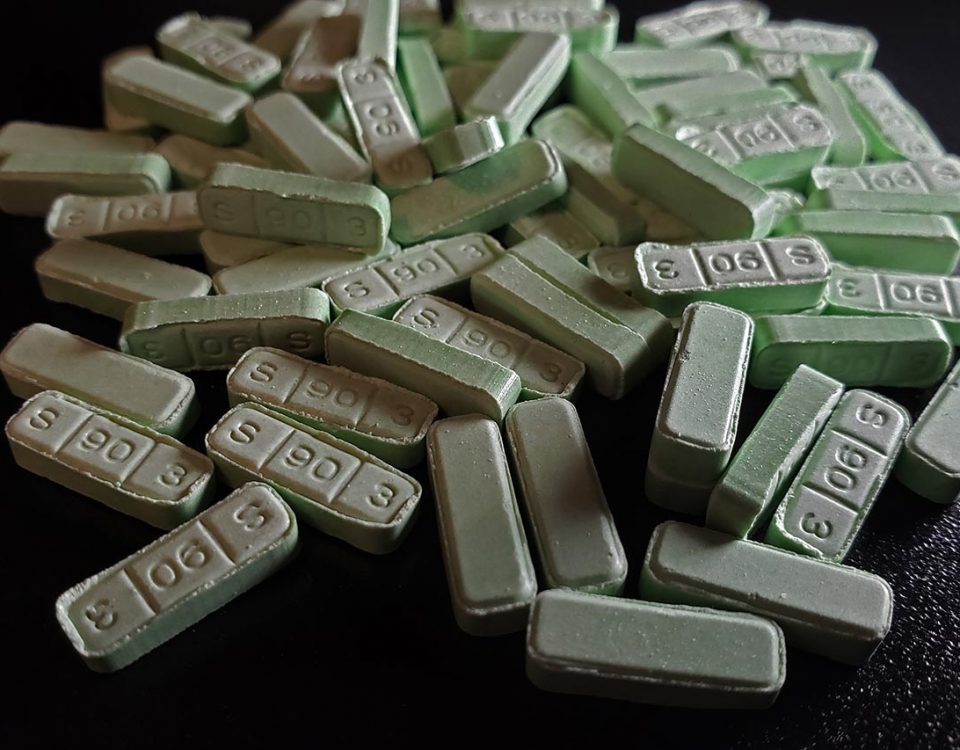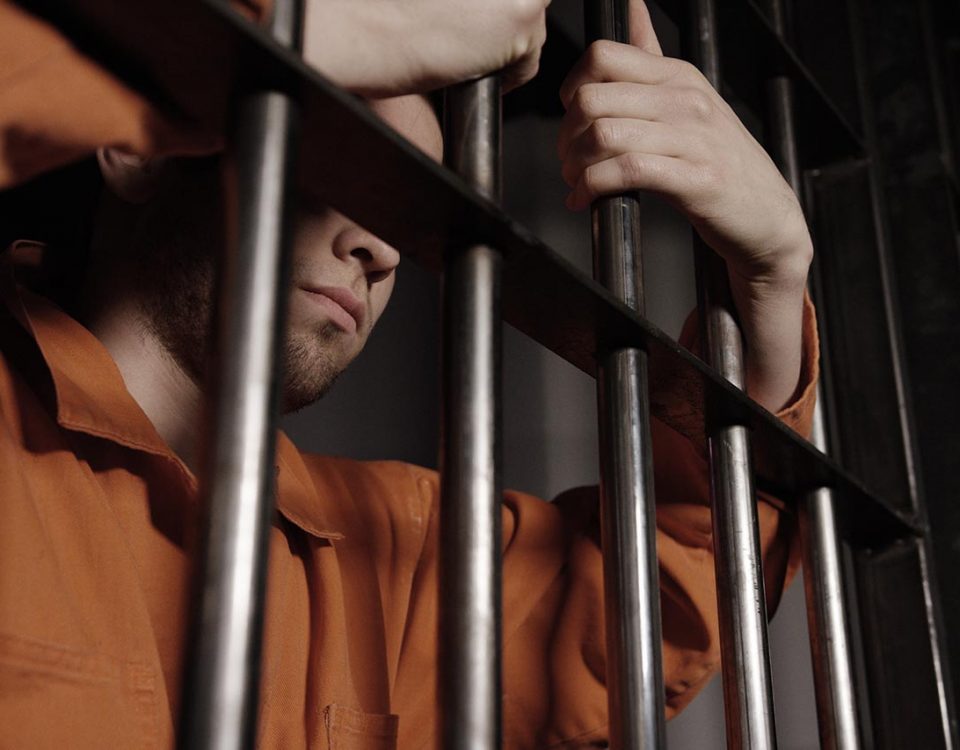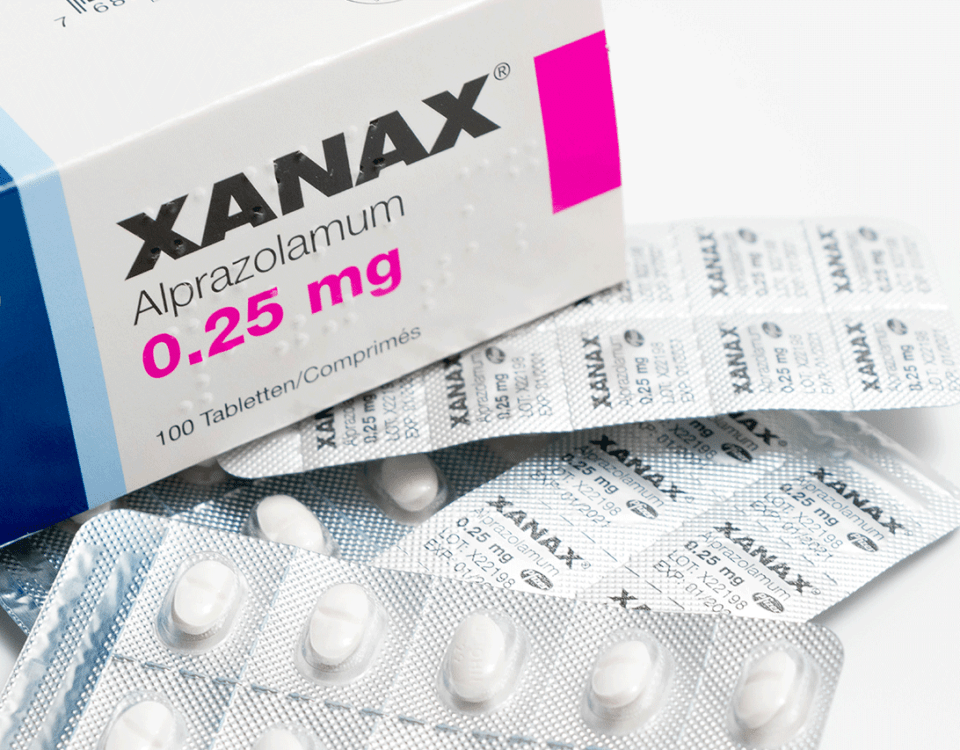Benzodiazepines are central nervous system depressants that alter the levels of the neurotransmitter GABA (gamma-aminobutyric acid) to slow down neural communication in the brain and body.
Benzos are usually prescribed to people with anxiety disorders and seizure disorders like epilepsy to reduce their symptoms. As effective as these drugs are, they’re equally as addictive and can produce mind-altering side effects when taken in high doses. Today, our Palm Springs rehab center is looking into whether benzodiazepines can cause hallucinations and why.
What Are Hallucinations?
Hallucinations occur when people see, hear, touch, taste, or smell things that aren’t there. There are several types of hallucinations:
- Auditory hallucinations (hearing things): These occur when you sense sound that is coming from inside or outside of your mind. Auditory hallucinations are often voices that talk to each other or tell you to do something.
- Visual hallucinations (seeing things): These are when you see something that isn’t real, such as insects crawling on your hand or someone else’s face. You may see objects with the wrong shape or see things moving in ways they normally don’t.
- Olfactory hallucinations (smelling things): You may think an odor is coming from something around you or your own body.
- Gustatory hallucinations (tasting things): You may feel like you’re eating or tasting something odd or something that isn’t in what you’re eating.
- Tactile or somatic hallucinations (feeling things): You might think you’re being tickled or feel insects crawling on your skin or hot air on your face.
Hallucinations are most common in people with mental and physical disorders like schizophrenia, Parkinson’s disease, Alzheimer's disease, brain tumors, Charles Bonnet syndrome, and epilepsy. However, hallucinations can also occur as a result of drug abuse.
Do Benzodiazepines Cause Hallucinations?
Yes, benzodiazepines can cause hallucinations under certain circumstances. Benzo’s effects on the brain are the result of an increase in GABA, which is an inhibitory neurotransmitter that blocks messages between nerve cells.
This means that when someone takes a benzodiazepine, they may experience a sense of relaxation and well-being. However, when taken in larger doses than recommended or mixed with other depressants, benzos can produce adverse side effects like psychosis, which produces symptoms like hallucinations and delusions.
Many people begin to abuse their prescription benzos because of the sense of euphoria and pleasure that they can produce when misused. In addition to hallucinations, symptoms of benzo abuse include paranoia, anxiety, depression, and violent behavior, among others.
Repeated abuse of benzos for long periods can also result in addiction, which is a disease associated with uncontrollable drug use despite the repercussions. Medically monitored detox and addiction treatment are often required for treating substance use disorders to prevent adverse withdrawal symptoms and relapse. We highly encourage those in need of such support to contact us as soon as possible.
Can Xanax Cause Hallucinations in the Elderly?
Even though hallucinations aren't usually listed as a common Xanax side effect, it's important to remember that people, especially the elderly, may respond to medications differently. Drug sensitivity and metabolism changes are common in the elderly, which may increase their vulnerability to certain side effects. While some of the Xanax side effects in elderly patients may occasionally involve confusion and cognitive impairment, hallucinations are a relatively uncommon side effect. Healthcare professionals must closely monitor senior users of this drug and take into account their unique health circumstances, possible drug interactions, and the overall risk-benefit profile. If it is determined that the risks outweigh the benefits, then they may suggest Xanax alternatives for elderly patients.
Elderly people who use Xanax should be open and honest with their caregivers and healthcare providers about any unusual symptoms or side effects they may experience. Hallucinations and other worrisome effects should be reported to a doctor right away. The elderly patient's well-being may be prioritized while their anxiety or panic disorder is effectively managed through dosage adjustments or other treatment options. Like with any medication, the choice to prescribe Xanax should be based on a thorough evaluation of the patient's health, any possible risks, and whether the drug is necessary to treat the patient's particular mental health issue.
Why Can Anxiety Meds Cause Hallucinations?
Anxiety medications, particularly benzodiazepines such as Xanax, are intended to reduce anxiety symptoms and promote a calming effect by acting on the central nervous system. However, the intricate interaction of neurotransmitters and receptors in the brain is responsible for the side effects of hallucinations. Gamma-aminobutyric acid (GABA), a neurotransmitter that reduces brain activity, is enhanced by benzodiazepines.
Although excessive modulation of GABA receptors can have a calming effect and help relieve anxiety, it can also cause disruptions in neuronal communication and possibly cause hallucinations. Anxiety medications can change the complex balance of neurotransmitters in the brain, and different people react differently to them, which can sometimes lead to the manifestation of hallucinations.
Furthermore, the degree to which anxiety medications cause hallucinations can also be affected by the dosage, length of use, and general health of the user. Excessive dosages or extended usage of benzodiazepines may raise the possibility of side effects, such as delusions. To reduce the risk of hallucinations while still successfully treating anxiety symptoms, healthcare professionals must carefully evaluate patients for potential risk factors and closely monitor how they respond to anxiety medications. Patients and healthcare providers must maintain open lines of communication to promptly address any unusual side effects and customize treatment plans for the best possible outcomes for mental health.
Benzo Withdrawal Psychosis
Benzodiazepine hallucinations can also occur as a result of psychosis. As we mentioned, the long-term effects of benzodiazepines, when abused, include physical dependence. When someone is physically dependent on a drug, they may require a certain dose of that drug to avoid particular symptoms.
Although physical dependence isn’t the same thing as addiction, it is an early warning sign. Psychosis and benzo withdrawal hallucinations can occur when someone who’s physically dependent is detoxing or withdrawing from this drug.
Altered mental status is often reported in people experiencing benzodiazepine withdrawal, including symptoms like hallucinations, delusions, and insomnia. These are caused by the brain’s and body’s attempts to regulate themselves without the presence of a drug they’ve become accustomed to.
Regular benzo abuse causes levels of GABA, as well as serotonin and other chemicals, to rise consistently. Over time, this inhibits the brain from doing the same thing naturally.
When the person’s doses of benzos are suddenly reduced to stopped, their system may struggle to regulate itself, producing psychological symptoms like hallucinations. Fortunately, these symptoms can be treated properly in a medical setting.
Get Help for Benzo Addiction
Physical dependence can also occur in people who take benzos regularly as directed. Again, it’s not an indication of addiction but rather a sign that your dose or medication should be changed.
However, people who wish to discontinue using benzos, whether to recover from addiction or to avoid it, should keep in mind that withdrawal symptoms can become dangerous without medical attention. Thus, it’s important to seek out professional treatment when going through this process.
At our detox in California, we offer benzo withdrawal treatment, among various other detox programs, to help patients safely withdraw from drugs or alcohol. Patients in these programs receive 24-hour care and medical supervision and may also be administered medication, as needed, to alleviate withdrawal symptoms.









